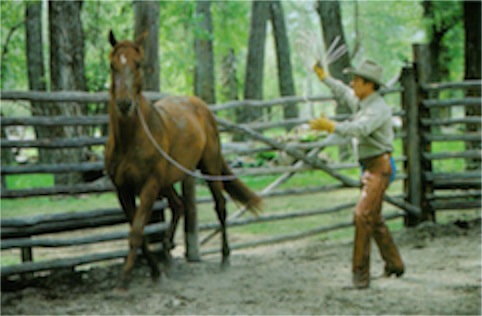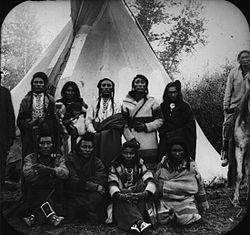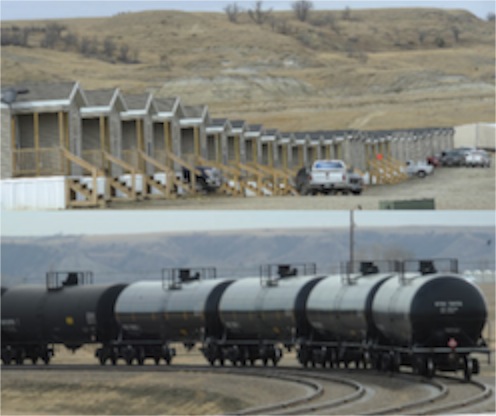Changing Times
30/04/13 05:32

Our friend fit right into the dude ranching operation. He stripped to the waist wearing a pair of homemade buckskin pants, added home made “war paint,” and rode through columns of tourists to provide a bit of a scare and a story for them to tell when they got home. He spent his summers sleeping in tents and homemade shelters and living off of the land, eating fish mostly, but also trapping small animals and learning all of the best berry patches in the mountains. In the fall he was the first to fill out his deer and elk tags. He was one of the youngest persons we knew who had shot a bear, though he had a decade on the legend of Davy Crockett.
When people talked about him there was a bit of admiration in their stories. “Wouldn’t it be neat to be able to live independently – to have the skills to just live off of the land with no rules, no schedule, no being dependent on someone else?” But there was also a bit of sadness to their tales. We knew that the way of life represented by the mountain man belonged to the past. The economy didn’t really have room for someone who didn’t pay taxes, who didn’t play by the rules and whose way of life depended on living off of land that belonged to someone else. The sheepherders were already looking for alternatives to grazing their animals in the high country. The days of inexpensive leases on National Forest land were past. If you had the right set of skills, you could go back into the mountains, but if you built a cabin, the authorities would come and tear it down. Hunting and fishing required licenses. Cutting trees required permits. The economy operated on cash and Pacific Hide and Fur didn’t pay enough for deerskin with a few otter and beaver pelts thrown in for a guy to afford a bottle of whiskey from time to time.

Seth Kanter grew up in what was called “The Last Frontier” a decade or so after I grew up in Montana. He struggled with how to make a life in a place where his parents were first generation settlers. He grew up in the midst of a “back to the land” movement while the natives were rushing to move into towns, obtain technologies such as refrigerators and snowmobiles and indoor plumbing. He described himself and his native friends as “the children of changing times on a frontier falling apart.” He put words to thoughts that might have been shared with others who grew up in an empty land that now has become crowded. “Living off the land, how did it drip away? How could the cash and computers, the canned food and machines, have taken so much, left so little . . . The old life has vanished.”

Times have changed. Blue jeans and even cowboy boots are imported from China. You pick up the phone and you might end up talking to someone in India or Brazil who is trying to sell you something. Life doesn’t stand still. The old ways are passing. We have trouble imagining the future that is emerging.
Who knows, maybe we all were born a century too late. Maybe the pace of change is so rapid these days that none of us are able to keep up. For now, I’m glad that the weather is warming up and spring is coming. Sometimes I need to just go work in my garden or sit on my porch and let the rest of the world go by. I have no intention of keeping up, but I know that the first taste of a garden tomato is a timeless pleasure and the world won’t stop if I light a charcoal fire and cook my supper in the back yard while I wait for the garden to grow.